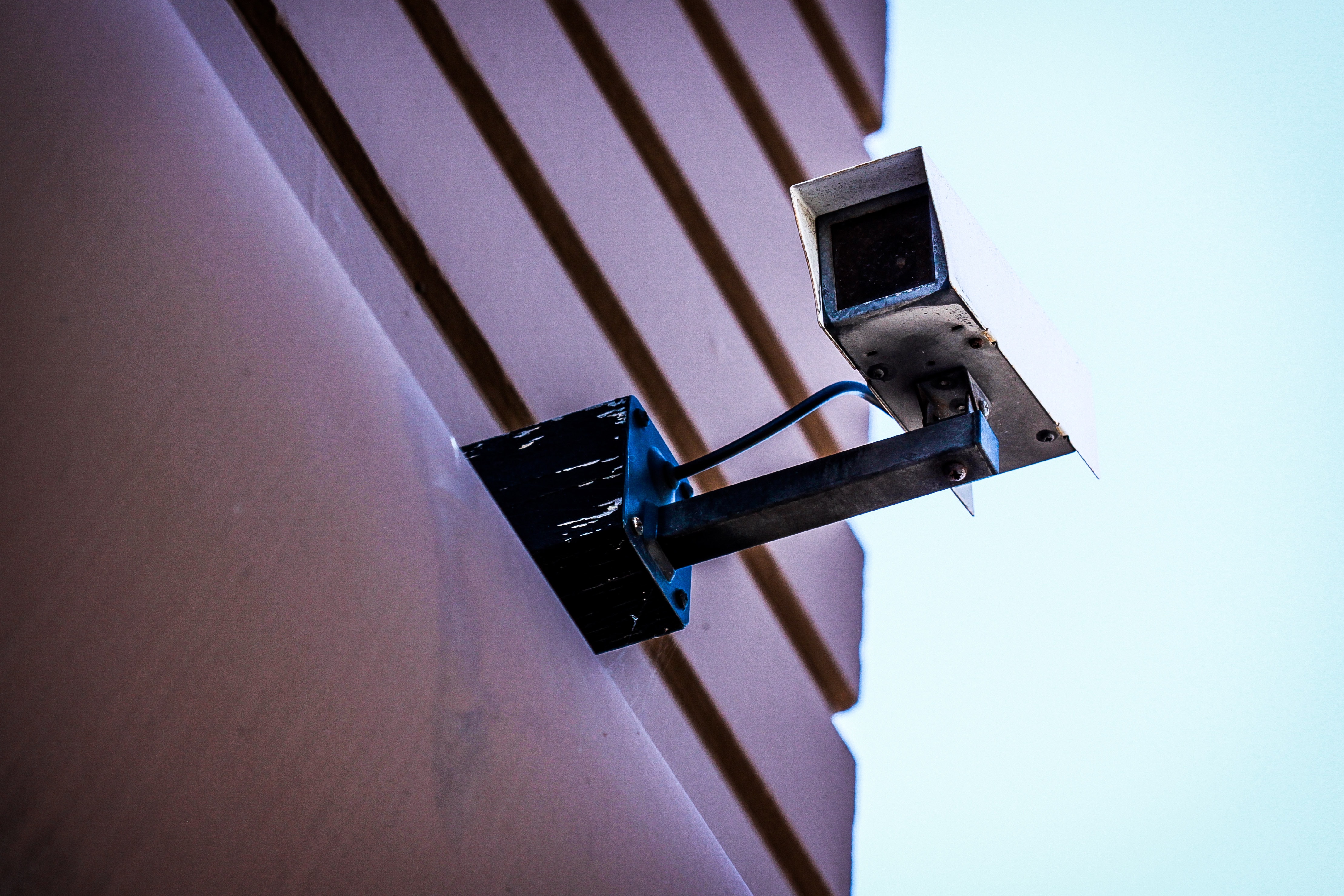New York City Tries For Privacy Oversight via Public Comment

New Yorkers reached a milestone in their fight for transparency of surveillance technology in 2017, when the Public Oversight of Surveillance Technology (POST) Act was introduced. It was finally passed in 2020.
Their law was modest. "Tell the public what you bought and what the privacy safeguards are, and undergo an annual audit. That’s it," wrote Albert Fox Cahn, one of law's authors.
To put that in perspective, let's contrast it with San Diego's Transparent and Responsible Use of Surveillance Technology (TRUST) ordinance. The differences are too many to list (you can read our other post comparing oversight laws for more), but let's pick a few.
- San Diego's TRUST ordinance applies to all city departments, not only the police.
- The TRUST ordinance requires not only disclosure of all surveillance technology currently in use, but it also requires that San Diego's City Council approve of the acquisition and continued use of all surveillance technology.
- Lastly, San Diego's ordinance also connects to a new Privacy Advisory Board that will be populated with community experts, to review each technology proposed by the city's departments from a variety of perspectives.
In San Diego, the TRUST SD Coalition was able to aim for an ordinance that was robust and strengthened City Council. But in New York, that community decided to narrow its goals to disclosure and transparency. The oversight, then, is supposed to come from the public, via a "public comment period" after the police disclose the technology. However, the NYPD aren't bound by the public's comments in any way.
Regardless, the NYPD pushed back hard on the POST Act. We'll be writing elsewhere about how surveillance technology shares some properties of an addictive drug, and how weening those who have become addicted to it will always involve varying levels of resistance.
In its opposition, the NYPD decided to frame the POST Act as a threat to officer safety. "The bill, as currently proposed, would literally require the NYPD to advertise on its website the covert means and equipment used by undercover officers who risk their lives every day. No reasonable citizen of New York City would ever support that," an NYPD spokeswoman told the New York Times.
The POST Act passed 44 to 6, a veto-proof majority of the city's councilmembers. All of them, according to police, "unreasonable."
The NYPD posted its first disclosure on January 11, 2021. The public comment period closed on February 25th. How did it go? Many prominent organizations filed comments, but a common theme was that the NYPD did not make good-faith effort to comply with the law.
For example, the ACLU of New York wrote that the NYPD failed to take the new disclosure requirements seriously. "No serious consideration," "overbroad categories," "obscuring of information," "inaccuracies" and "misleading statements" plagued the department's disclosures, they claimed.
What's Next For New York?
The NYPD must post their finalized policies by April 11th, 2021. At that time it will be clear how seriously police leaders in New York are taking this new oversight movement going across the country. Then, the communities of New York City will have to decide whether oversight by public comment is sufficient to reach the community's desired outcomes.



